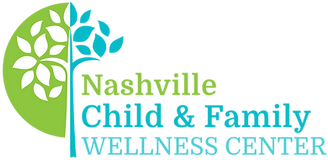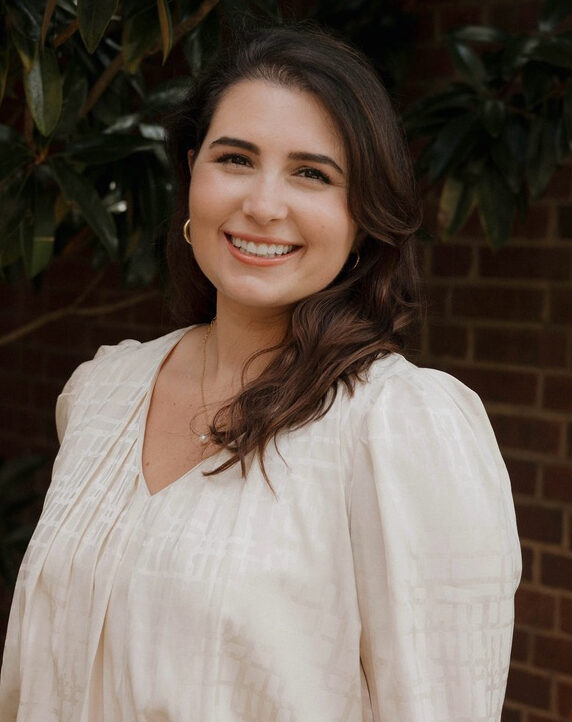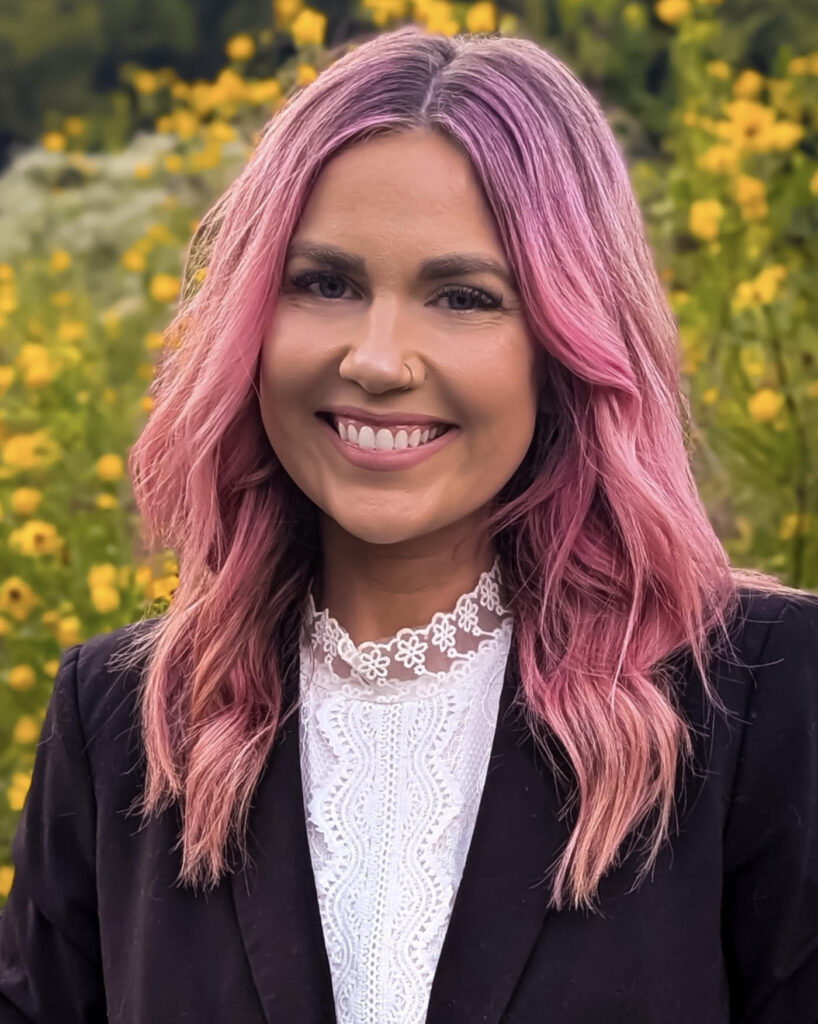Nashville Child & Family Wellness Center offers therapy in Nashville and Franklin for individuals, families and groups.
Individual Therapy
A happier, healthier you.
Our individual, evidence-based therapy programs in Nashville and Franklin can provide effective treatment for a variety of problems at all ages.
Family & Couples Therapy
In it together.
Recognizing that family relationships are an essential factor in psychological health, we focus on families and couple relationships to nurture change and development regarding the interaction between family members.
Group Therapy
You are not alone.
Groups are a powerful, affordable way to acquire support, therapy, and skills. Nashville Child and Family Wellness Center offers numerous groups led by experienced, licensed professionals.


One-on-One Therapy
Individual Therapy
Nashville Child and Family Wellness Center’s professional therapists are well trained in using evidence-based treatments including, but not limited to, Cognitive Behavioral Therapy (CBT), Dialectical Behavior Therapy (DBT), Radically Open Dialectical Behavior Therapy (RO DBT), Acceptance and Commitment Therapy (ACT), Parent-Child Interaction Therapy (PCIT), Attachment-Based Therapies, Family Based Therapy (FBT), Prolonged Exposure (PE), Cognitive Processing Therapy (CPT), and Trauma Focused Cognitive Behavioral Therapy (TF-CBT). Providers are experienced and trained in a wide range of evidence-based therapy techniques and modalities to address general life problems, as well as specific concerns, including, but not limited to:
- Depression
- Bipolar Disorder
- Other Mood Disorders
- Anxiety Disorders
- Obsessive-Compulsive Disorder
- ADHD and Attention Difficulties
- Interpersonal Relationship Difficulties
- Grief and Loss
- Chronic Illness
- Trauma
- Eating Disorders
- Disordered Eating
- Body Dissatisfaction
- Suicidal Thoughts and Gestures
- Self-injurious behaviors
- Behavior Problems
A standard process for individual therapy may include:
Assessment
The first step in individual therapy is typically an initial assessment, during which the therapist gathers information about the patient’s current symptoms, medical history, and other relevant factors. The therapist may ask questions about the patient’s personal and family history, current stressors, and their goals for therapy. They may also collect information from other persons in the patient’s life if the patient consents to this.
Goal-Setting
After the assessment, the therapist and patient work together to set goals for therapy. These goals may focus on reducing symptoms, improving relationships, developing coping skills, or achieving other outcomes that the patient desires.
Therapy Session
Therapy sessions typically last 50 minutes scheduled on a regular basis (e.g. weekly or bi-weekly). During sessions, the therapist provides a supportive and nonjudgmental environment in which the patient can explore their thoughts, emotions, and behaviors and develop new skills. Outside of and in between sessions, homework may be assigned by the therapist such as journaling, skills practice, relaxation techniques, or engaging in social activities. These assignments are designed to help the patient practice the skills they are learning in therapy in their everyday environment and to reinforce the progress they are making.
Monitoring Progress
Throughout therapy, the therapist and patient regularly evaluate progress toward the therapy goals. The therapist may use questionnaires or other measures to track symptom improvement and may adjust the treatment approach as needed to ensure that the patient is getting the most benefit from therapy.
Meet the clinical therapists at Nashville Child & Family Wellness Center
Meet our therapists and contact us to learn more about our therapy services in Nashville and Franklin, TN.
Family & Couples Therapy
Providers at Nashville Child and Family Wellness Center all have a systems-based approach with some offering specialized family therapy using evidence-based methods. Family therapy focuses on enhancing communication between members, recognizing mixed messages that often occur within the family, and strengthening family resilience during difficult times.
Couples and Family therapy sessions can include: assessment and goal setting, building the therapeutic relationship, identifying patterns and dynamics, increasing communication and problem-solving skills, and exploring the couples and/or family’s emotional needs.
The therapist will periodically review the family or couple’s progress and evaluate the effectiveness of the treatment plan. They may adjust the treatment plan or goals as needed to ensure that the therapy is meeting the family or couple’s needs and promoting their well-being.
Assessments & Goal Setting
The first step in couples and family therapy is usually an assessment, where the therapist will gather information about the family or couple's current situation, relationships, and communication patterns. The therapist will work with the family or couple to identify specific goals for therapy and develop a treatment plan.
Building a Therapeutic Relationship
The therapist will establish a safe and supportive environment, build trust with the family or couple, and work to develop a rapport that promotes open and honest communication.
Identifying Patterns & Dynamics
The therapist will help the family or couple identify patterns and dynamics that may be contributing to their difficulties. This may involve exploring family history, communication styles, and individual perspectives.
Communication & Problem Solving
The therapist will provide the family or couple with tools and strategies to improve communication and problem-solving skills. These may include active listening, assertiveness training, conflict resolution, and boundary setting.
Exploring & Addressing Emotions
The therapist will help the family or couple explore their emotions and how they may be impacting their relationships. This may involve identifying and expressing feelings, developing empathy, and exploring past traumas or experiences that may be affecting their relationships.
Review & Evaluation
The therapist will periodically review the family or couple's progress and evaluate the effectiveness of the treatment plan. They may adjust the treatment plan or goals as needed to ensure that the therapy is meeting the family or couple's needs and promoting their well-being.
Group Therapy
We primarily offer skills-based groups for children, adolescents, and families but also offer support groups from time to time. Groups are a powerful, affordable way to acquire support, therapy, and skills for many issues. All groups at our mental health therapy center in Nashville are led by experienced, licensed professionals.
Virtual Therapy
As mental health providers, we continuously strive to offer effective and accessible care to our clients. In recent years, the expansion of virtual treatment has presented a unique opportunity to transform the way we deliver mental health support. At NCFWC, we are proud of the evidenced-based virtual services we provide across the entire state of Tennessee using live, confidential video conferencing. In addition to our in-person locations, we offer virtual therapy, nutrition, and psychiatry services, providing clients and families with tailored comprehensive care or coordinating care with already established local providers.
Nashville Child and Family Wellness Center Offers Comprehensive Mental and Behavioral Health Services
At Nashville Child and Family Wellness Center, we offer our clients a number of specialized therapy services in collaboration with other providers across disciplines. We value training and ongoing consultation for all therapists providing these evidence-based services.
If you feel that you or a loved one can benefit from any of the above therapy options, please do not hesitate—reach out to us at 615-238-9100.
info@nashvillefamilywellness.com


















